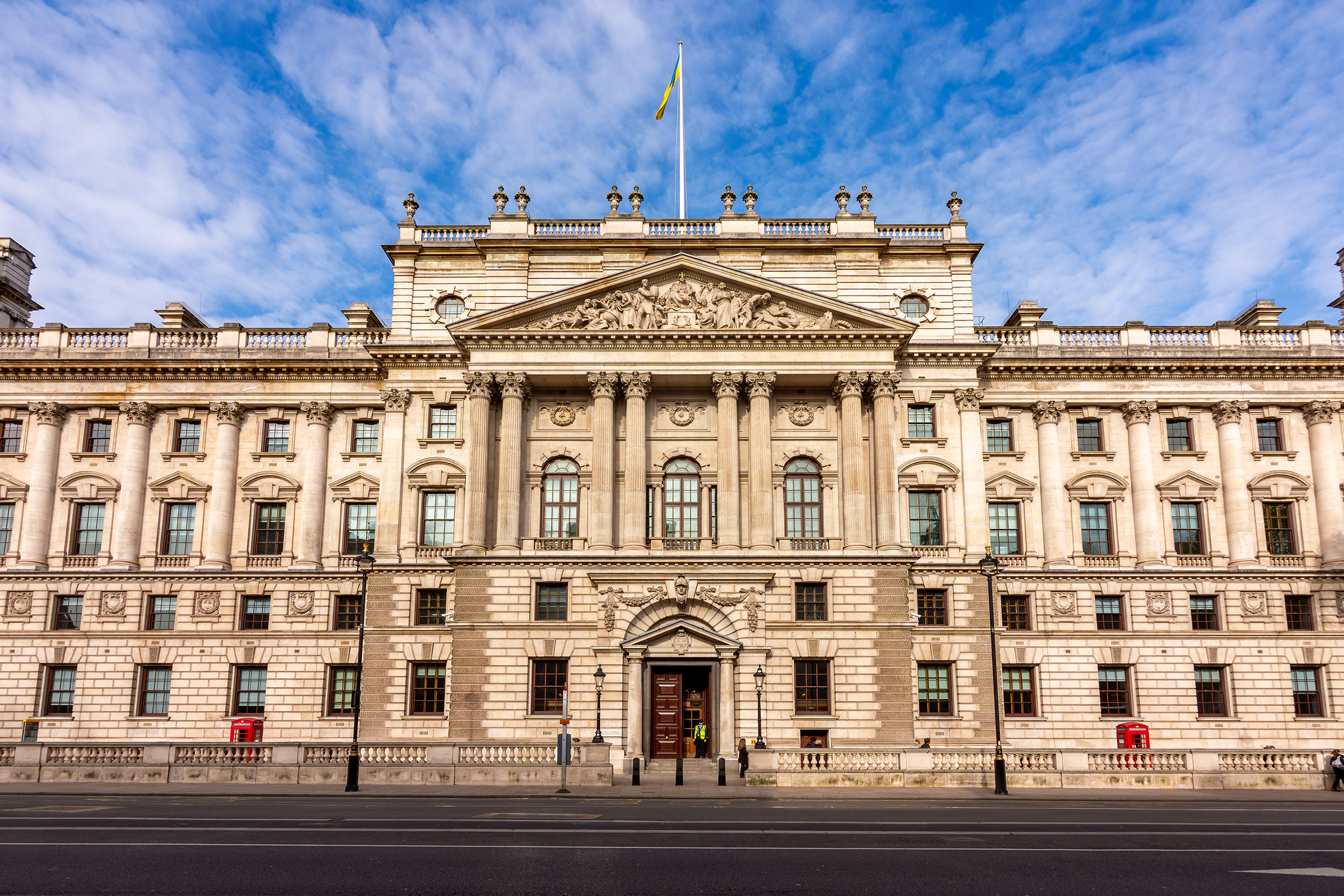The sixth top seller on Amazon UK lists its legal address as a hotel for cats located on the first floor of a shopping centre in Hong Kong. For several years the company operated under another name without registering to pay VAT.
Ascot City, which sells everything from lanyards to screwdrivers to Amazon customers, took over the business from a previously dissolved company called SourcingMap, including its trading history, as well as thousands of its trademarked product listings, in a tax dodge known as “phoenixing”. Neither, it seems, had anything to do with offering bed and board to felines.
It’s part of a trend. Another company, Super Yellow Ltd, which is listed on Companies House as having been dissolved since June, is still in operation, selling a range of items including £499 PS5 controller chargers, Nintendo Switch steering wheels and phone screen protectors.
Microchip Technology Ireland Limited was previously included on Amazon UK’s top 100 sellers list. Despite its name, this firm is based in Britain but has been sending all its VAT bills to a completely unrelated company with a similar name that is actually based in Ireland.
These examples were identified through a joint investigation by The Observer and BBC Radio 4’s the Naked Week into dozens of similar companies operating online, despite registering fake VAT numbers, or none at all, or in some cases being dissolved from Companies House.
Related articles:
The Observer understands that both regulators and the industry itself estimate that the exchequer is losing out on hundreds of millions of pounds as a result of the unpaid VAT, with one report putting the figure at £700m.
Conversations are taking place about closing these loopholes, but it’s not known whether action will be taken in time for the budget.
Chancellor Rachel Reeves remains under huge pressure over whether to break Labour’s manifesto pledges on tax hikes to balance the books.
The three main VAT-dodging tactics identified by investigation were companies sending their receipts to other unrelated companies, trading with dissolved companies – or closing down indebted businesses and opening new ones.
Financial crime expert Graham Barrow told The Observer: “While it is difficult to calculate an exact number, from my own research I would estimate that the numbers run into the thousands and possibly more.”
In response to queries about their trading practices, Ascot City said: “Dear customer, thanks for your letter. We’re very sorry to tell you that we cannot meet your requirements.”
Super Yellow and Microchip Technology Ireland Limited did not respond to requests for comment.
An Amazon spokesperson said: “We take this matter seriously and have investigated the sellers in question, of which two are overseas established sellers.
“Under online marketplace VAT collection rules introduced in 2021, we collect and remit VAT directly to HMRC on their behalf, while UK established sellers are required to pay VAT directly to HMRC.
“We believe that extending VAT collection rules to cover all sellers, both domestic and overseas, could raise up to £700m more annually for the exchequer.”
This is the latest in a series of investigations by The Observer and the Naked Week, which is hosted by Andrew Hunter Murray.
To hear the full investigation, listen to the Naked Week, produced by Jon Holmes for BBC Radio 4 by Unusual Productions, on air every Friday from 18.30 on BBC Radio 4 and then on BBC Sounds in the Friday Night Comedy podcast feed.
Additional reporting by Freya Shaw
Photograph by Elena Zolotova/Getty Images



